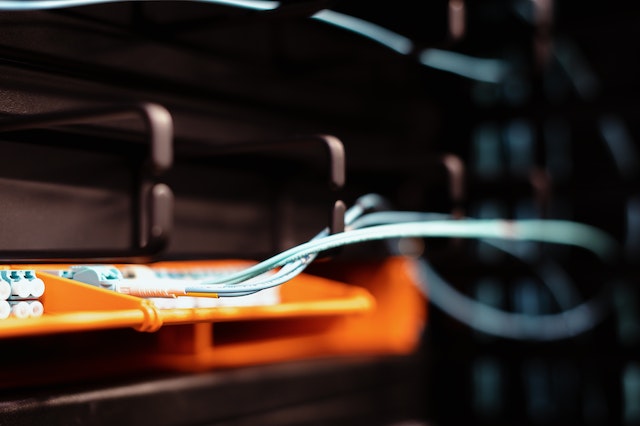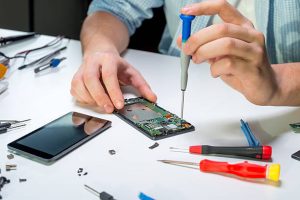
What Is Cable Testing, and Why Is It Important?
An summary of cable testing, its significance, and the various test types that may be run could be provided in this cable tester manufacturers. It might also touch on the repercussions of utilizing improperly tested wires.
Understanding the Variations Among the Several Cable Testers
You could talk about the various kinds of cable testers that are sold today, including continuity testers, wireman testers, and cable certifiers. You might give samples of each type’s potential applications as well as an explanation of its features and functions.
Typical Cable Testing Obstacles and Solutions
This section could concentrate on some of the typical problems that can occur during cable testing, like signal interference problems or inaccurate measurements. You could provide pointers and suggestions on how to get through these obstacles and guarantee accurate testing.
Cable Testing Best Practices: Advice on How to Get Reliable Results
You might outline some general best practices for cable testing in this area, like making sure the cable is prepared correctly, using the right test tools, and adhering to manufacturer instructions. This could be an excellent chance to emphasize how crucial accuracy and dependability are when testing cables.
Automated Cable Testing’s Advantages
The benefits of adopting automated cable testing equipment, such as improved speed and efficiency and decreased risk of human error, could be discussed at this point. You might also discuss the various kinds of automated testing that are available, including cloud-based testing or testers that can self-calibrate.
Making the Best Cable Tester Selection
This section could provide advice on how to choose the best cable tester for a specific project or circumstance. This may take into account variables like cable type, testing specifications, and spending limits.
Recommendations for Proper Cable Tester Upkeep and Care to Ensure Lifespan and Accuracy
You might offer guidance in this area on how to correctly maintain and care for cable testing equipment, including routine cleaning and calibration. You might also talk about the possible repercussions of ignoring maintenance and how that may affect the reliability of testing.
Cable Testing Industry Standards and Rules
The industry standards and laws that regulate cable testing, such as TIA-568-C and ISO/IEC 11801, might be summarized in your final point. You could talk about how important it is to uphold these values and what might happen if you don’t.






